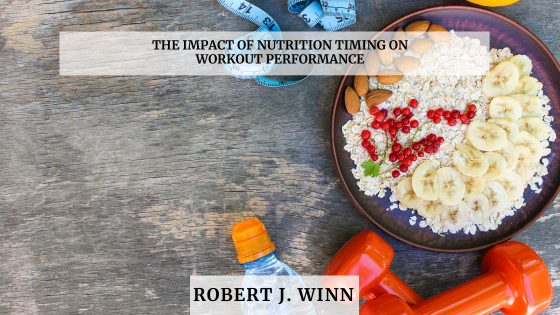Nutrition timing is a crucial yet often overlooked factor significantly impacting workout performance. While the quality and quantity of what you eat are critical, consuming your meals and snacks can influence how effectively your body performs and recovers during and after exercise. Understanding the timing of your nutrition can optimize your workouts and enhance your overall fitness goals.
Pre-Workout Nutrition
Eating the right foods before a workout is essential for maximizing performance. Consuming a balanced meal 1-3 hours before exercising can provide the necessary fuel for optimal performance. Ideally, this meal should include a combination of carbohydrates, proteins, and fats. Carbohydrates are essential as they provide a readily available source of energy. Proteins support muscle repair and growth, while fats help sustain energy levels over more extended periods.
A pre-workout snack, such as a banana with a small amount of peanut butter or a piece of whole-grain toast, can be beneficial if eaten 30-60 minutes before exercise. This can help avoid gastrointestinal discomfort and ensure that the body has adequate energy reserves for the workout.
During Workout Nutrition
For most people, regular exercise sessions of less than 60 minutes do not require additional nutrition during the workout. However, consuming small amounts of easily digestible carbohydrates can help maintain performance and delay fatigue for those engaged in high-intensity or endurance training lasting longer than an hour. Sports drinks, gels, or energy chews can provide quick sources of carbohydrates and electrolytes, aiding in hydration and energy maintenance.
Post-Workout Nutrition
The post-workout period is critical for recovery. Consuming the proper nutrients soon after exercise can help replenish glycogen stores, repair muscle tissue, and reduce muscle soreness. Aim to eat a meal or snack that includes a combination of carbohydrates and proteins within 30-60 minutes after finishing your workout. A ratio of 3:1 carbohydrates to protein is often recommended for optimal recovery.
For example, a smoothie made with fruit and protein powder or chicken and brown rice meal can effectively support recovery and muscle repair. Hydration is also crucial, as fluids help replace those lost through sweat and support overall recovery.
Long-Term Considerations
While nutrition timing is essential, it should be considered as part of a broader nutritional strategy. Consistently eating a balanced diet rich in whole foods, maintaining adequate hydration, and aligning your nutrition with your individual fitness goals are all crucial for long-term success.
In summary, paying attention to when you eat in relation to your workouts can enhance performance and recovery. By optimizing pre-workout fuel, managing nutrition during exercise, and focusing on post-workout recovery, you can maximize the benefits of your training and support your overall fitness goals.

